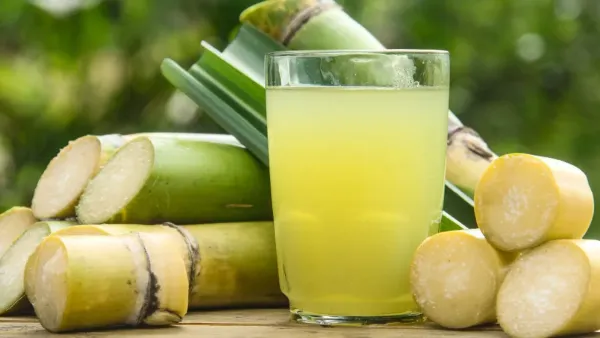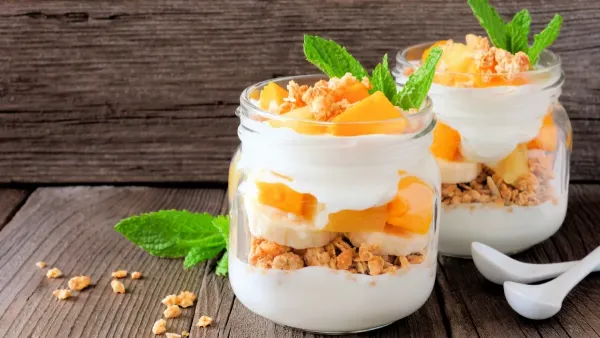Olive oil and ghee are both frequently used components in Indian cookery. There is disagreement about which is better for cooking, despite the fact that both have distinct flavors and are healthful. We’ll look at the distinctions between ghee and olive oil in this article to determine which is better for Indian cookery.

A common kind of clarified butter in Indian cuisine is ghee. In order to make it, butter is heated slowly until the water evaporates and the residue sinks to the bottom. After filtering and chilling the remaining liquid, a high-fat, golden substance is left behind. Ghee is utilized in various cuisines, including as lentils, biryanis, and curries, and it has a rich, nutty flavor.
In contrast, olive oil is a common ingredient in Mediterranean cookery that is made by pressing olives to release their oil. Monounsaturated and polyunsaturated fats, which are both good for the heart, are abundant in it. Olive oil is often used in marinades, salads, and cooking because of its delicious, fruity flavor. Which is hence superior for Indian cooking? Let’s examine the benefits of olive oil and ghee.
Ghee Benefits: High Smoke Point: Ghee’s high smoke point is one of its primary advantages. As a result, it can withstand high temperatures without degrading and releasing toxic free radicals. It is thus perfect for sautéing and frying.
Rich taste: The nutty, rich taste of ghee gives food depth and diversity. It is often used in both savory and sweet Indian cuisines.
Benefits for digestion: Ghee is often used in Ayurvedic medicine to treat digestive issues and seems to aid in digestion. Butyrate, a fatty acid having anti-inflammatory properties, is also abundant in it.
Advantages of olive oil
Healthy Heart: Olive oil contains a lot of monounsaturated and polyunsaturated fats that are good for the heart. Research indicates that it reduces the risk of heart disease and LDL cholesterol levels.
Antioxidant qualities: Rich in antioxidants, olive oil helps shield the body from harm caused by free radicals. This may aid in the prevention of long-term conditions including Alzheimer’s and cancer.
Versatile: The mild, fruity flavor of olive oil makes it suitable for a wide range of recipes, including marinades, salads, and sautés.
Which is hence superior for Indian cooking?
The food and the cooking technique determine this. Olive oil is better for low-heat cooking and as a finishing oil, whereas ghee works best for high-temperature frying and sautéing.
Ghee works particularly well with dishes like curries and biryanis that call for a deep, nutty flavor. Because it has a depth of flavor that other cooking oils cannot equal, it is also a terrific choice for producing Indian sweets and deserts.
On the other hand, the mild, fruity flavor of olive oil works well in marinades and salads. It’s also a great option for cooking at low heat, such simmering soups and sauces.
Both olive oil and ghee have advantages when it comes to health benefits. Butyrate, which is abundant in ghee, is thought to help with digestion and has anti-inflammatory qualities. Conversely, monounsaturated and polyunsaturated fats, which are abundant in olive oil, contain antioxidant and heart-healthy qualities.









